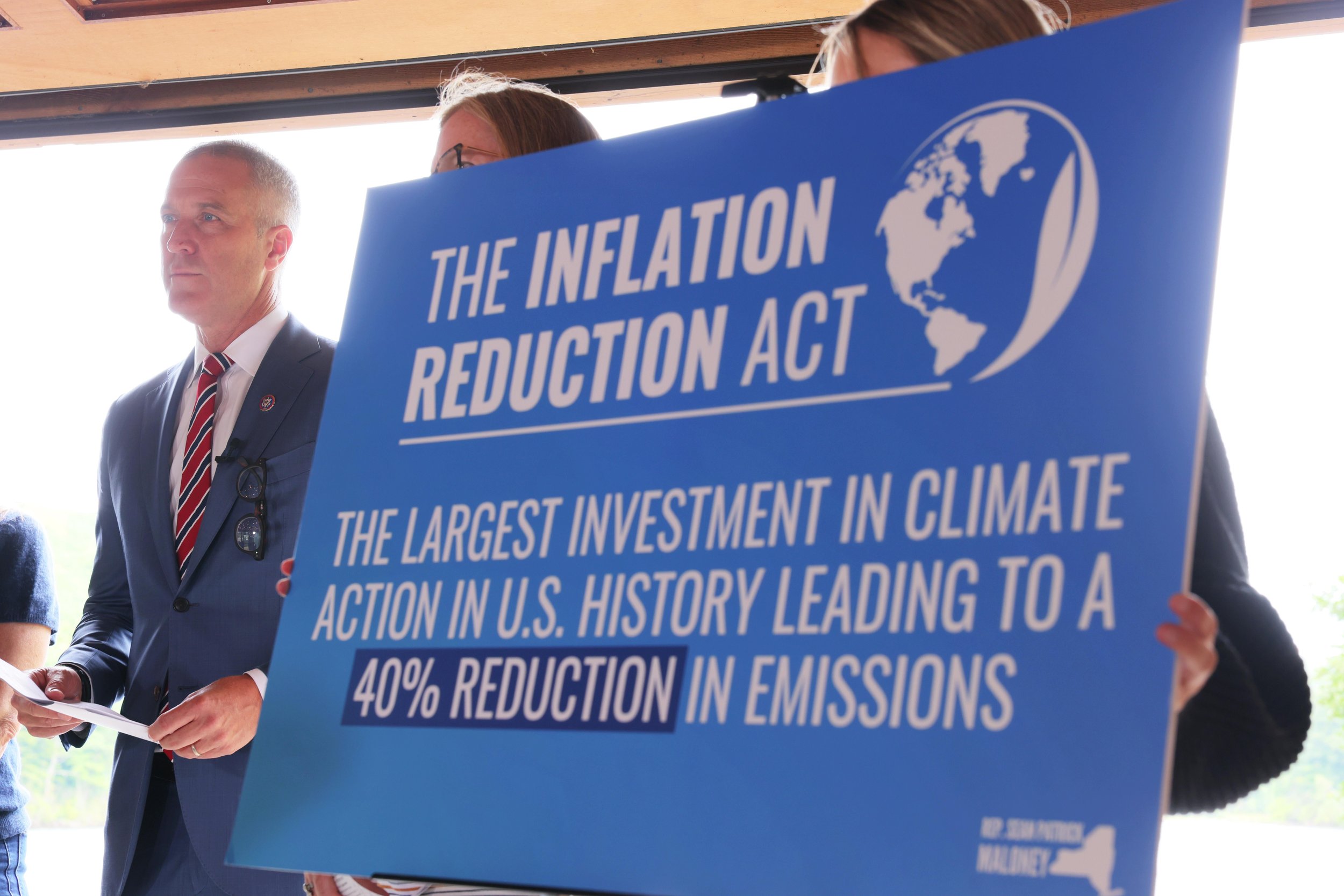The New Household
When tasked to think of the most common household necessities, many would answer a gas stove or dryer. But what if these items we desperately rely upon do not exist in just a decade's time? The answer is actually a positive one. With the emerging problems of climate change primarily relating to greenhouse gasses, it is imperative that the transition to sustainable energy is a focal point for this next generation. We are starting to see the groundwork for this life-changing transformation, and this may involve a massive change in our everyday lives.
The Inflation Reduction Act (IRA), which is expected to launch as soon as late 2024, shows promise of having unprecedented benefits to society. As the biggest climate bill in United States history, it will help facilitate Americans towards energy-conserving appliances like solar panels, electric vehicles, and renewable energy resources. As we have seen through our previous blog posts, there are many of these fascinating green appliances that are in the process of creation or have already permeated into everyday life. Yet there still seems to be an over-reliance on gas appliances. The IRA is the first of the climate bills to address this issue, and hopefully facilitate a needed transition.
The bill is setting aside $4.5 billion for the first federal consumer rebates on electric appliances including ranges, ovens, cooktops, heat-pump clothes dryers. Depending on an individual’s eligibility, the rebates could potentially cut thousands of dollars off the cost of electric appliances over the next decade. This will definitely encourage a shift away from gas-powered home appliances which is what the world needs in this critical stage. Additionally, gas-powered home appliances have collateral effects. They have been proven to be risky even with ventilation because of benzene and methane emissions. The Consumer Product Safety Commission has even considered regulating stoves for links to health risks like asthma. Additionally, induction stoves outperform gas stoves when it comes to energy efficiency, a critical component. As reported by Energy Star, the energy efficiency certification program run by the Environmental Protection Agency, induction cooktops transfer heat up food at about 85%, while gas ranges are only 32% efficient (New York Times).
It is a new world we are living in, and with it, the time for gas powered home appliances has faded. In order to sustain a population we need to practice conservation and efficiency, and electrical appliances are the epitome of this. Both safer and efficient, and thanks to the IRA, cheaper, these appliances are key to a safe future. At Energy Guardians, we try to inform about the fantastic work being done by researchers and engineers to create these energy-efficient devices, but their work will not pay dividends unless everyone puts an emphasis on incorporating them into daily life.




